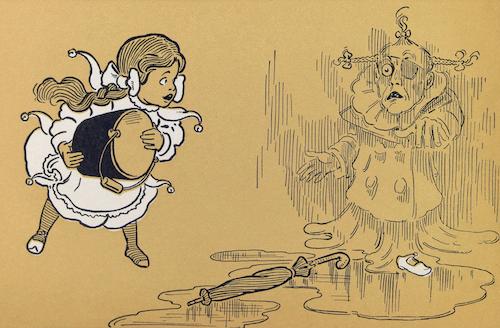Ding-Dong! The Overtime Rule is (likely) Dead

By Olivia Grady
On November 22, 2016, U.S. District Judge Amos Mazzant in Sherman, Texas issued a preliminary injunction, temporarily stopping the Obama administration overtime rule from going into effect.
The overtime rule, issued by the Department of Labor on May 23, 2016, would have doubled the maximum salary to $47,500 that a worker can earn and still receive mandatory overtime pay. It would have made an additional 4 million workers eligible for overtime pay.
The rule was scheduled to take effect on December 1, 2016 and would have affected nonprofit groups, retail companies, and the hospitality industry.
Twenty-one states and business advocates, including the U.S. Chamber of Commerce, however successfully challenged the legality of the rule.
The plaintiffs first argued that the overtime requirement violated the Constitution because it regulated the states’ “priorities, budgets, and services.” The Court agreed with defendants though who argued that the Commerce Clause allowed the federal government to regulate the wages of state employees.
The plaintiffs next argued that Section 213(a)(1) of the U.S. Code excludes executive and administrative workers from minimum wage and overtime requirements. Defendants however argued that the section was ambiguous because it didn’t define the workers and that the Department of Labor had the authority to issue the rule. The Court agreed with the plaintiffs and said that determining whether a worker qualifies for overtime pay doesn’t solely depend on his salary.
Because the rule exceeded the Department’s authority, the Court concluded that the plaintiffs had shown a likelihood of success on the merits.
The plaintiffs next presented examples of the many unsustainable costs that the overtime rule would impose, but defendants argued that this was only a financial injury, not irreparable harm. The Court however agreed that there would be irreparable harm to the public because the costs of the rule would hurt the government services.
Because plaintiffs had shown a likelihood of success on the merits and irreparable harm and defendants had shown no harm, the Court found that the balance of hardships suggested a preliminary injunction.
The plaintiffs also argued that the rule “harms the public by increasing state budgets, causing layoffs, and disrupting governmental functions.” Although the defendants claimed lower salaries would hurt the public, the Court found that a preliminary nationwide injunction best served the public.
Responding to the victory, Randy Johnson, a senior vice president at the U.S. Chamber of Commerce, said, “If the overtime rule had taken effect, it would have resulted in significant new costs” on job creators.
The Department of Labor and unions however were unhappy with the Court’s decision.
“It is also a disappointment to millions of workers who are forced to work long hours with no extra compensation, and is a blow to those Americans who care deeply about raising wages and lessening inequality," said Ross Eisenbrey of the union-supported Economic Policy Institute.
The Department of Labor now has two options. It can appeal to the Fifth Circuit Court of Appeals, a court that has consistently supported less government. Or, it can choose not to appeal, knowing that the 2017 Congress will pass legislation overturning the rule or President-elect Trump’s Department of Labor will withdraw it.





